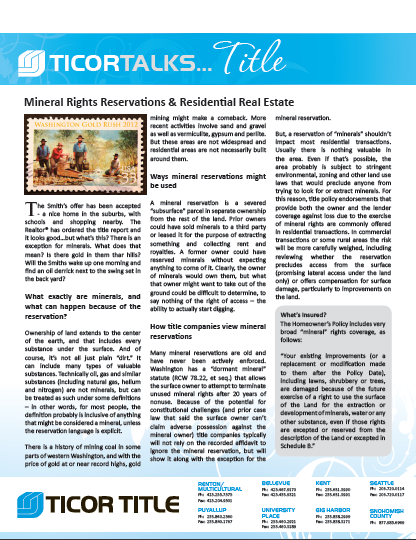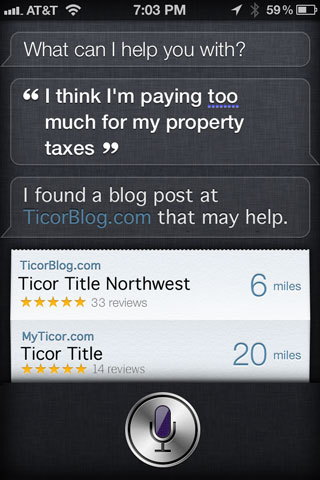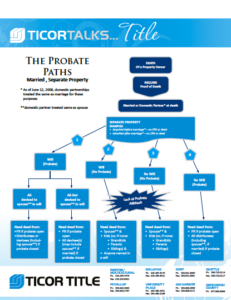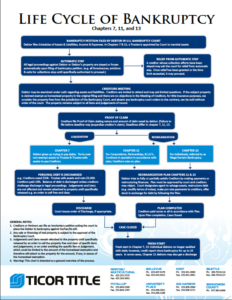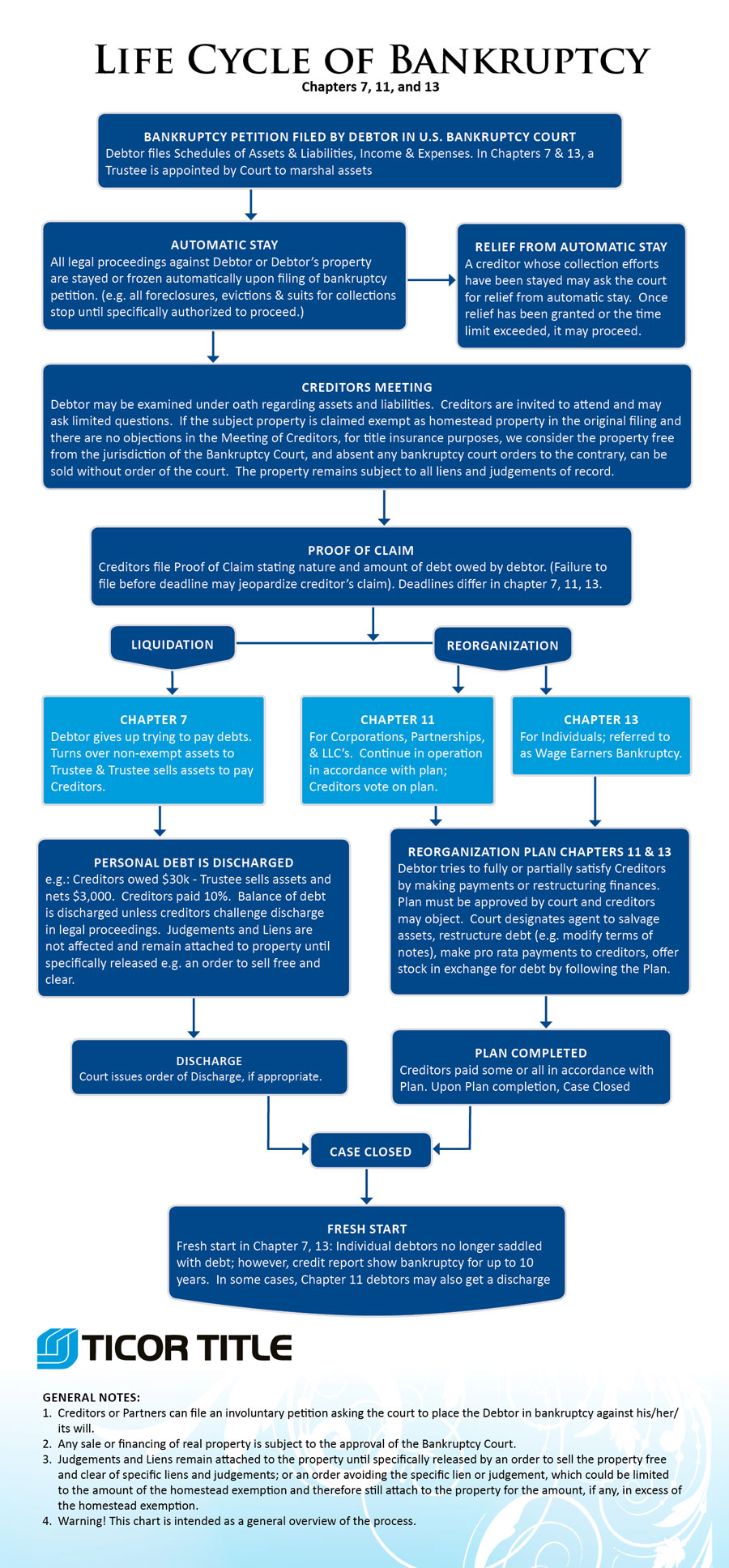The Smith’s offer has been accepted – a nice home in the suburbs, with schools and shopping nearby. The Realtor® has ordered the title report and it looks good…but what’s this? There is an exception for minerals. What does that mean? Is there gold in them thar hills? Will the Smiths wake up one morning and find an oil derrick next to the swing set in the back yard?
What’s Insured?
The Homeowner’s Policy includes very broad “mineral” rights coverage, as follows:
“This Policy insures You against actual loss… resulting from…:
“Your existing improvements (or a replacement or modification made to them after the Policy Date), including lawns, shrubbery or trees, are damaged because of the future exercise of a right to use the surface of the Land for the extraction or development of minerals, water or any other substance, even if those rights are excepted or reserved from the description of the Land or excepted in Schedule B.”
What exactly are minerals, and what can happen because of the reservation?
Ownership of land extends to the center of the earth, and that includes every substance under the surface. And of course, it’s not all just plain “dirt.” It can include many types of valuable substances. Technically oil, gas and similar substances (including natural gas, helium and nitrogen) are not minerals, but can be treated as such under some definitions – in other words, for most people, the definition probably is inclusive of anything that might be considered a mineral, unless the reservation language is explicit.
Ownership of land extends to the center of the earth,
There is a history of mining coal in some parts of western Washington, and with the price of gold at or near record highs, gold mining might make a comeback. More recent activities involve sand and gravel as well as vermiculite, gypsum and perlite. But these areas are not widespread and residential areas are not necessarily built around them.
Ways mineral reservations might be used
A mineral reservation is a severed “subsurface” parcel in separate ownership from the rest of the land. Prior owners could have sold minerals to a third party or leased it for the purpose of extracting something and collecting rent and royalties. A former owner could have reserved minerals without expecting anything to come of it. Clearly, the owner of minerals would own them, but what that owner might want to take out of the ground could be difficult to determine, to say nothing of the right of access – the ability to actually start digging.
How title companies view mineral reservations
 Many mineral reservations are old and have never been actively enforced. Washington has a “dormant mineral” statute (RCW 78.22, et seq.) that allows the surface owner to attempt to terminate unused mineral rights after 20 years of nonuse. Because of the potential for constitutional challenges (and prior case law that said the surface owner can’t claim adverse possession against the mineral owner) title companies typically will not rely on the recorded affidavit to ignore the mineral reservation, but will show it along with the exception for the mineral reservation.
Many mineral reservations are old and have never been actively enforced. Washington has a “dormant mineral” statute (RCW 78.22, et seq.) that allows the surface owner to attempt to terminate unused mineral rights after 20 years of nonuse. Because of the potential for constitutional challenges (and prior case law that said the surface owner can’t claim adverse possession against the mineral owner) title companies typically will not rely on the recorded affidavit to ignore the mineral reservation, but will show it along with the exception for the mineral reservation.
But, a reservation of “minerals” shouldn’t impact most residential transactions. Usually there is nothing valuable in the area. Even if that’s possible, the area probably is subject to stringent environmental, zoning and other land use laws that would preclude anyone from trying to look for or extract minerals. For this reason, title policy endorsements that provide both the owner and the lender coverage against loss due to the exercise of mineral rights are commonly offered in residential transactions. In commercial transactions or some rural areas the risk will be more carefully weighed, including reviewing whether the reservation precludes access from the surface (promising lateral access under the land only) or offers compensation for surface damage, particularly to improvements on the land.
Download
To download a printable version of this article, click here or click the image below.

